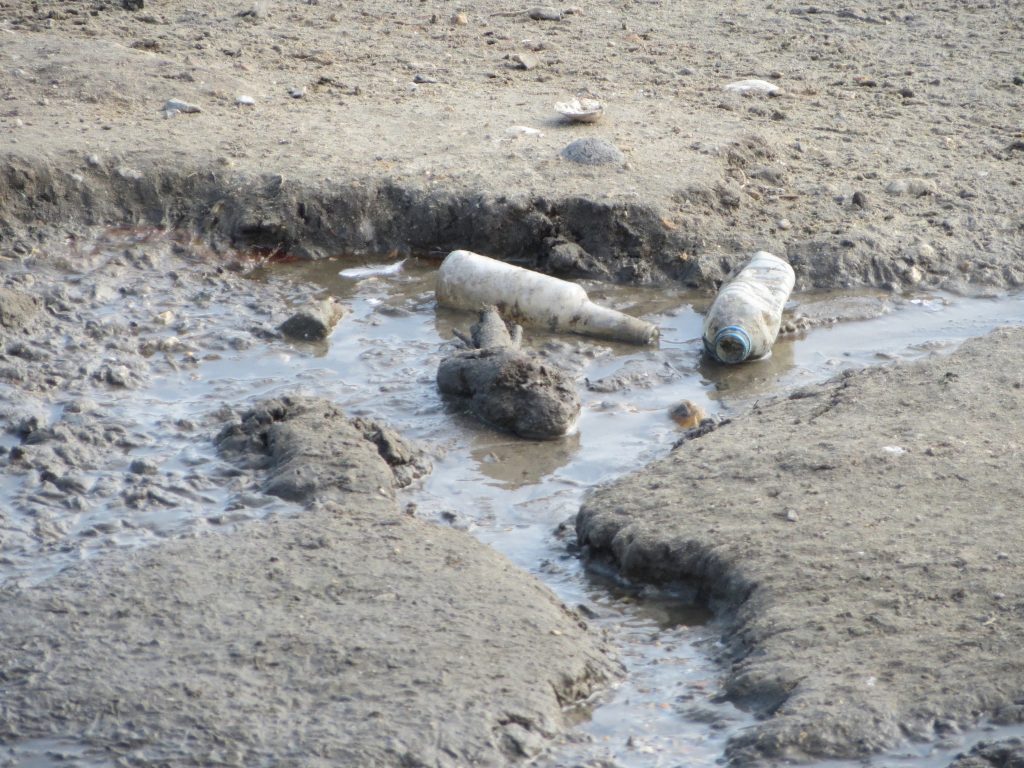Eating greener (not literally of course, despite appearances) can help reduce our impact on the planet.
“if everyone in the world was able to eat like us in Europe, the world would collapse immediately.” Not sure about immediately, as it would presumably take a while for everyone in the world to reach that stage and things would probably fall apart on the way, but the overall point is clear – the current system is not scalable across the whole planet .
You might get pleasure from your steak, but what was the environmental impact of its journey to your plate? Should we prioritise saving money on our food bill over saving the planet, if we can afford to make more responsible choices about what we eat?
Although you can make better choices, many of the problems are of course systemic rather than individual. Making the cheaper choices the healthier choices is perfectly possible. This would help the 8.5 million people in the UK who are currently food insecure, but doesn’t seem to fit in with current systems for food production and distribution, globally or nationally.

